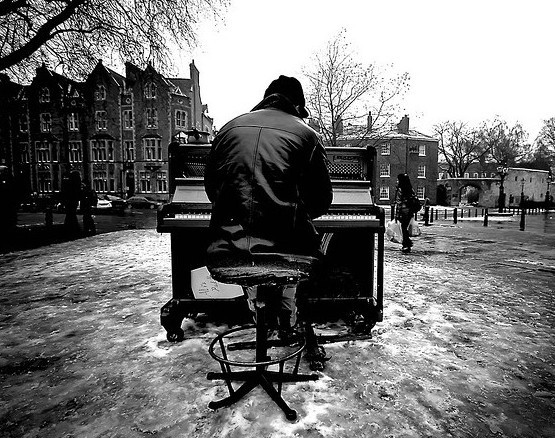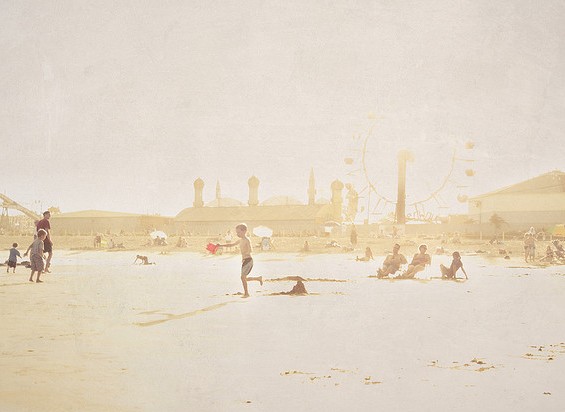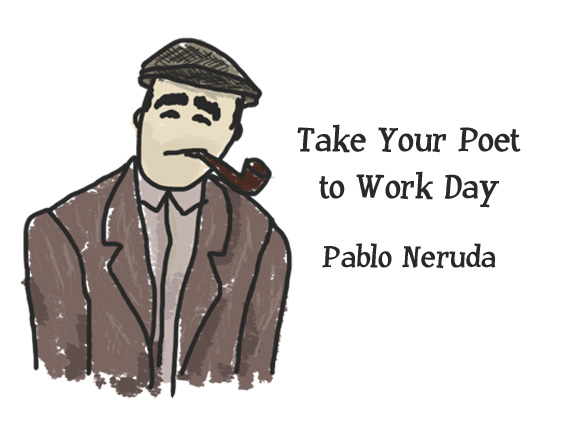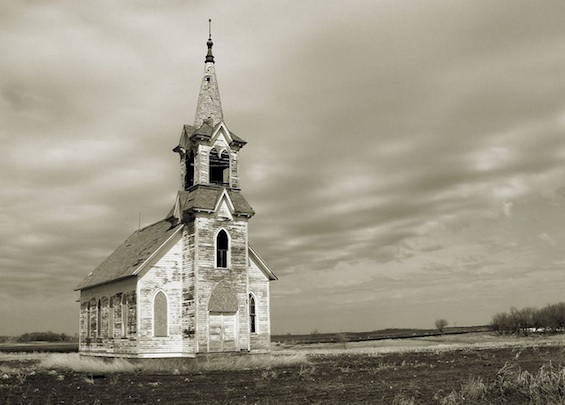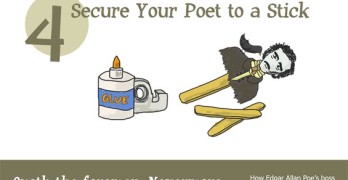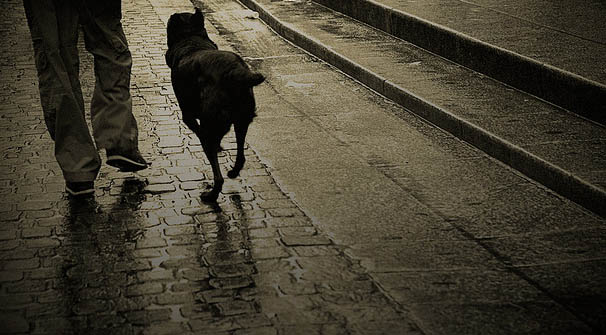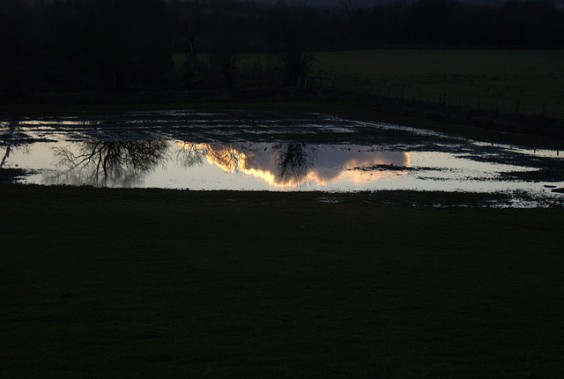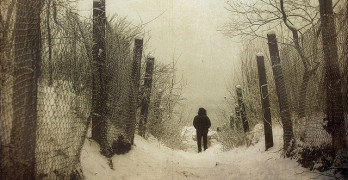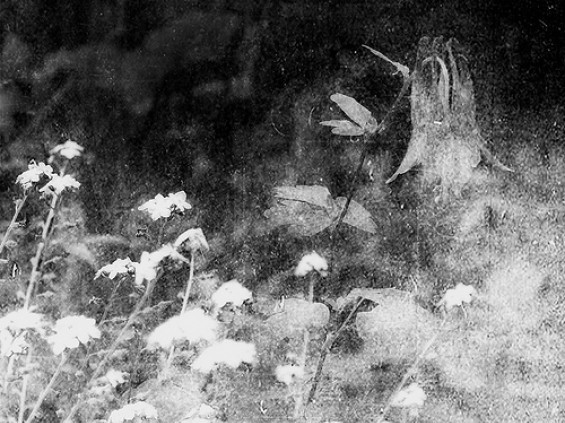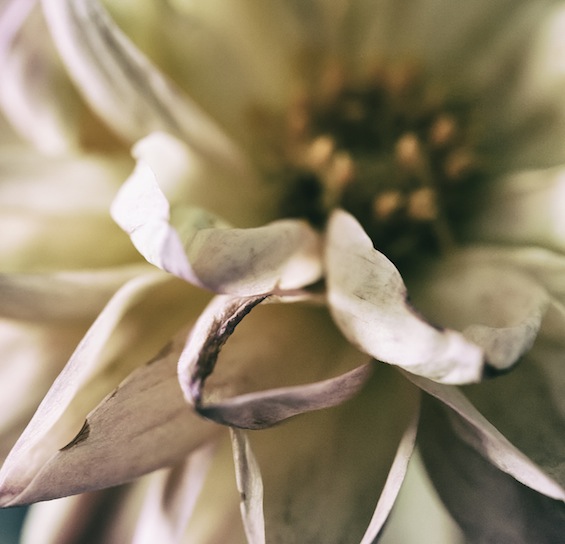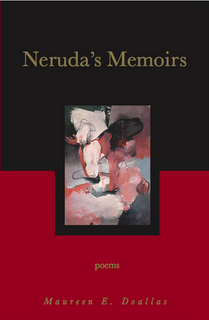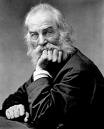Ava Leavell Haymon was recently named Louisiana’s poet laureate. Walter Bargen, a former poet laureate for Missouri, has some insights into what that means.
Poet Focus: Mark Jarman
Mark Jarman’s poetry is such that one gets interested in his background, personality, where he comes from, and how all this finds its way into his poems.
Poet Focus: Marianne Moore
For all of her modernist associations, Marianne Moore’s poetry didn’t exactly fit the category. There’s a richness, almost a lushness, in many of her poems that’s absent from the moderns. She ranged over history and literature — Rome and Greece, Britain and Ireland, and America — as well as music and the natural world.
Take Your Poet to Work: Pablo Neruda
Take your favorite poet with you to work for Take Your Poet to Work Day coming up July 17. This week we’re featuring poet Pablo Neruda.
Poetry Review: The Submerged Depths of Lapse Americana
A review of Lapse Americana: Poems by Benjamin Myers, a poetry volume focused on memory, childhood and understanding.
Take Your Poet to Work Day
Take Your Poet to Work Day. Why should kids have all the fun? Your poet wants to go to work with you too.
Journey into Poetry: Todd Davis
Poet Todd Davis shares his journey into poetry, inspired by his father.
Journey into Poetry: Paula J. Lambert
Paula J. Lambert describes her Journey into Poetry, from aspiring fiction writer to published poet, by way of pigs and prose.
Poetry at Work: Dana Gioia on Poetry in Business
The conventional American wisdom is that poets “must be people out of the ordinary; they must be strong, even eccentric individuals.” In other words, Walt Whitman fits our preconceived notions; Wallace Stevens, corporate lawyer, does not.
Give and Take: The Paradoxical Function of Art
It has been my peculiar experience as a poet to explain to people what they are seeing, albeit through what can feel like an added layer of obscurity. L.L. Barkat on the explanation of art, more or less.
Poetry at Work: The Poetry of Unemployment
Organizations see layoffs as business decisions; people affected see them as intensely personal. Unemployment is a part of work, and part of poetry at work.
The Art and Music of “Four Quartets” by T.S. Eliot
“Go, go, go, said the bird: human kind / cannot bear very much reality.” Glynn Young recalls his first reading of Four Quartets, which T.S. Eliot wrote over six years, the last three poems during the London Blitz.
Can Poetry Save the Corporate Soul?
Glynn Young discusses the work of poet David Whyte, author of several books on the importance of poetry in preserving the soul in corporate America, including “The Heart Aroused.”
Rilke’s ‘Prayers of a Young Poet’ (And a Giveaway)
Glynn Young reviews Rainer Maria Rilke’s “Prayers of a Young Poet, ” a wonderfully engaging collection, adding new insight to both the man and his poetry.
Poetry at Work: The Doctor—William Carlos Williams
William Carlos Williams was both a poet and a physician, and both were part of the same whole.
By Heart: Because You Might Need It Like Marie Ponsot
When poet Marie Ponsot suffered a stroke at the age of 89, she lost all of her language.
Talking with Maureen Doallas about “Neruda’s Memoirs”
An interview with poet Maureen Doallas, about her background and poetic history, going into the publishing of her first book ‘Neruda’s Memoirs.’
National Poetry Month: Carl Sandburg
Carl Sandburg (1878 – 1967) is another writer whose poetry, like Walt Whitman and Robert Frost’s, could qualify him as “America’s Poet.”
National Poetry Month: Gary Soto
Need poetry teaching resources? Check out our collection of poets, poems, and poetry classroom discussions led by poets and professors.
National Poetry Month: Walt Whitman
Walt Whitman (1819-1892) has been called “America’s Poet.” When he published the first edition of Leaves of Grass in 1855 (and he kept revising and republishing it for a long time), he changed the direction of American poetry and letters. For decades, some of his poems were memorized in schoolrooms across the United States. Time […]
